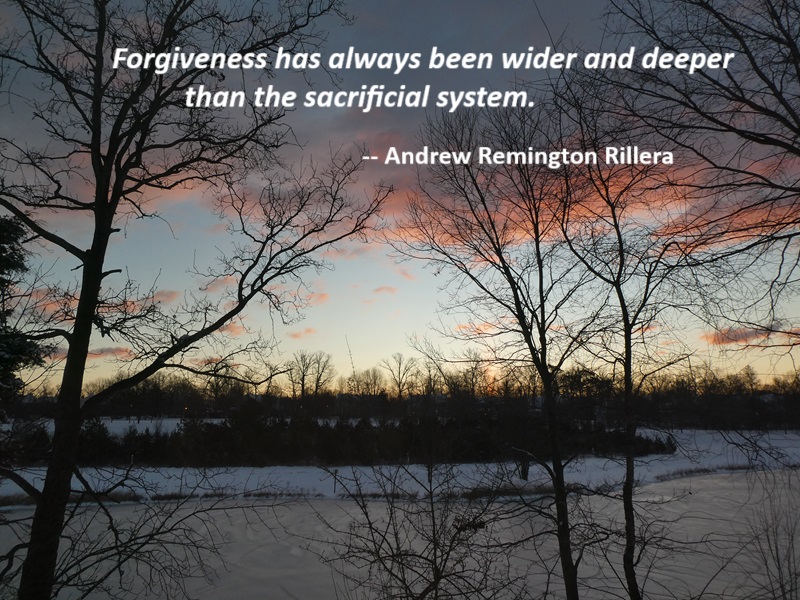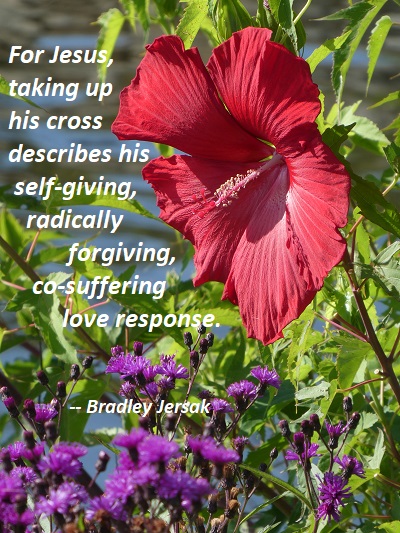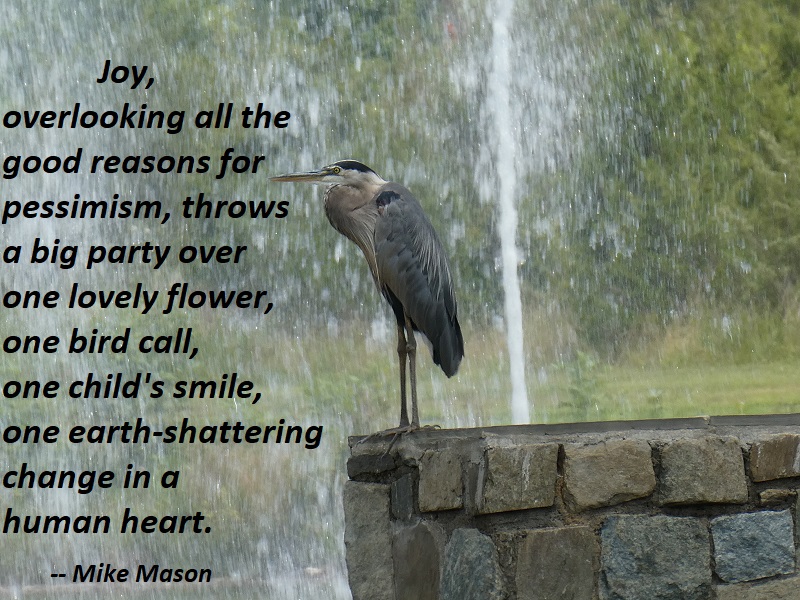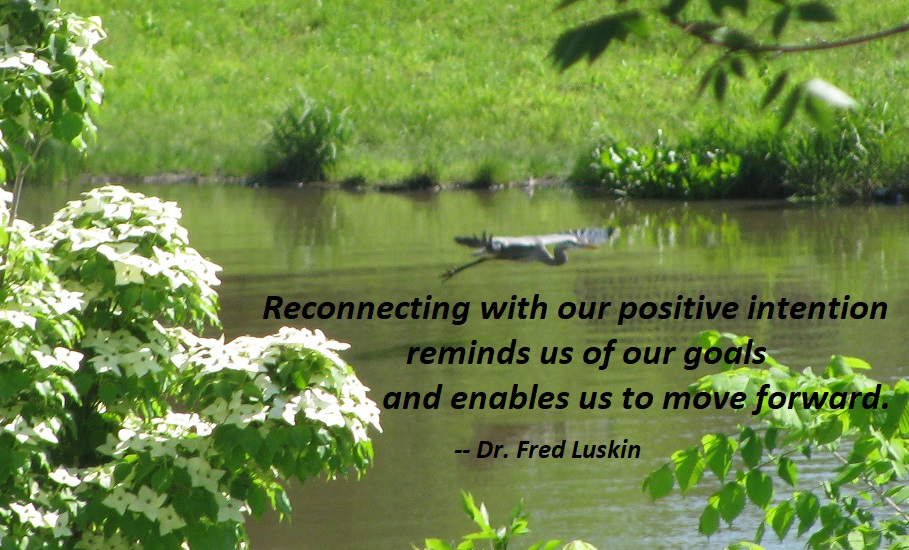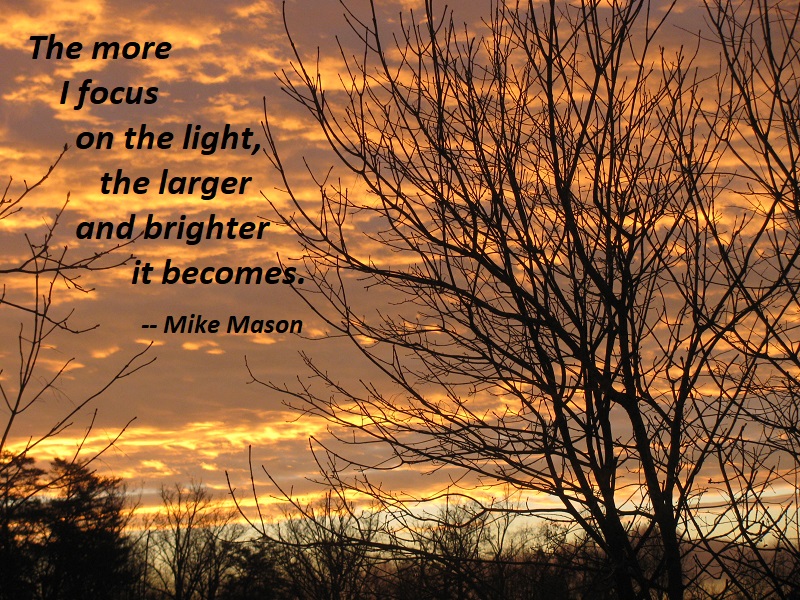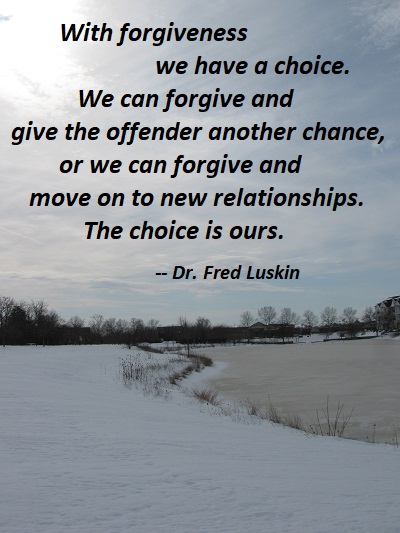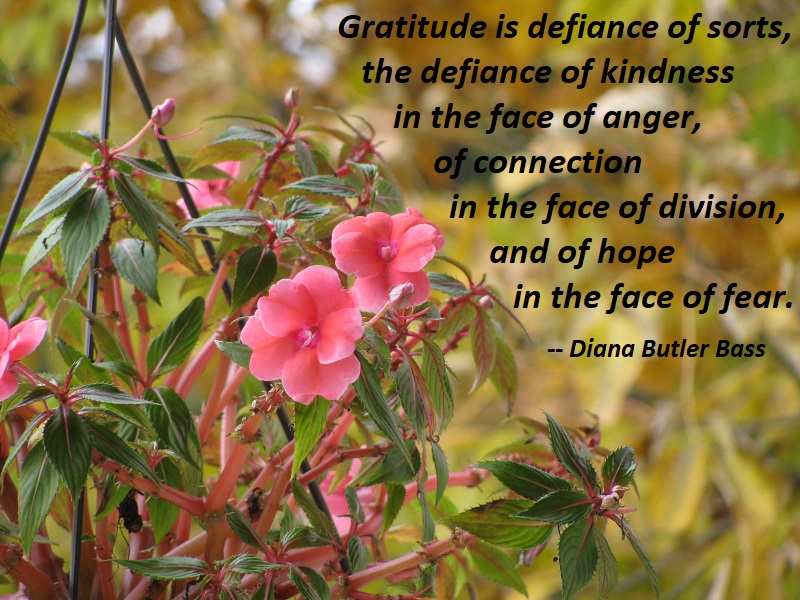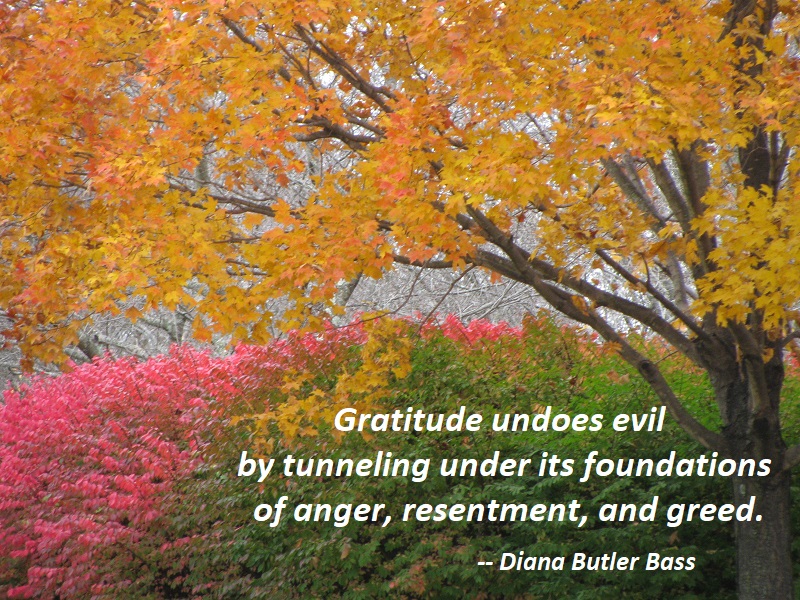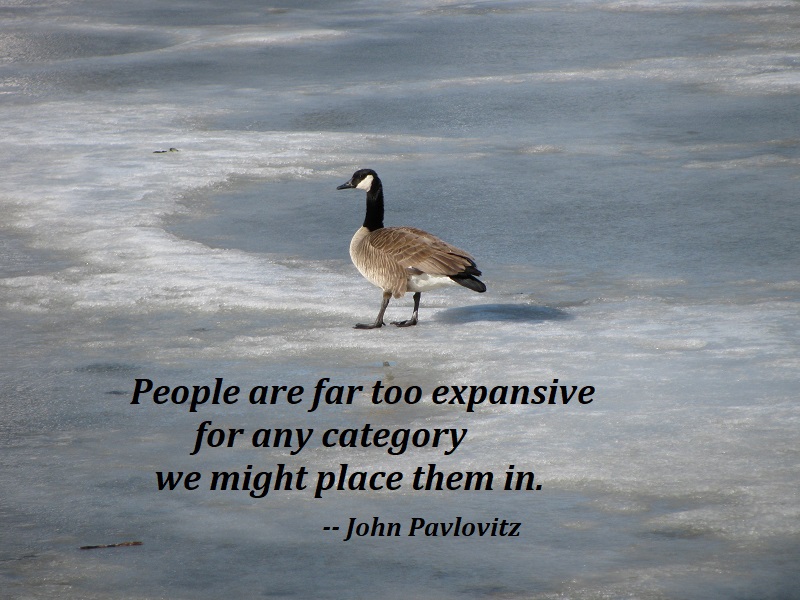
Real diversity demands that we hold loosely our preconceived ideas of what God looks like. Jesus didn’t dine with the sinners so that he could convert them all to Pharisees, but to remind the Pharisees that God speaks as loudly through prostitutes as he does through them. He was validating every story, always elevating the other. He was destroying the myth that spirituality needs to be dressed in the trappings of religion, that it has to be proper or conventional or uniform. We still struggle with this work because we are naturally a people of labels, always looking for neat and tidy ways of summarizing those who cross our paths, of easily categorizing them for quick understanding. Our labels help reinforce the ideas of who’s in and who’s out and make us feel safely sequestered in what we believe comprises our tribe. The problem is that people are far too expansive for any category we might place them in, and because of this all our efforts of relational shorthand fail. Whether our labels reference race, gender, sexual orientation, theology, or any other designation, they place in front of us a caricature of what we imagine that label represents — and they always fall short.
— John Pavlovitz, A Bigger Table, p. 90-91
Photo: South Riding, Virginia, March 12, 2015
